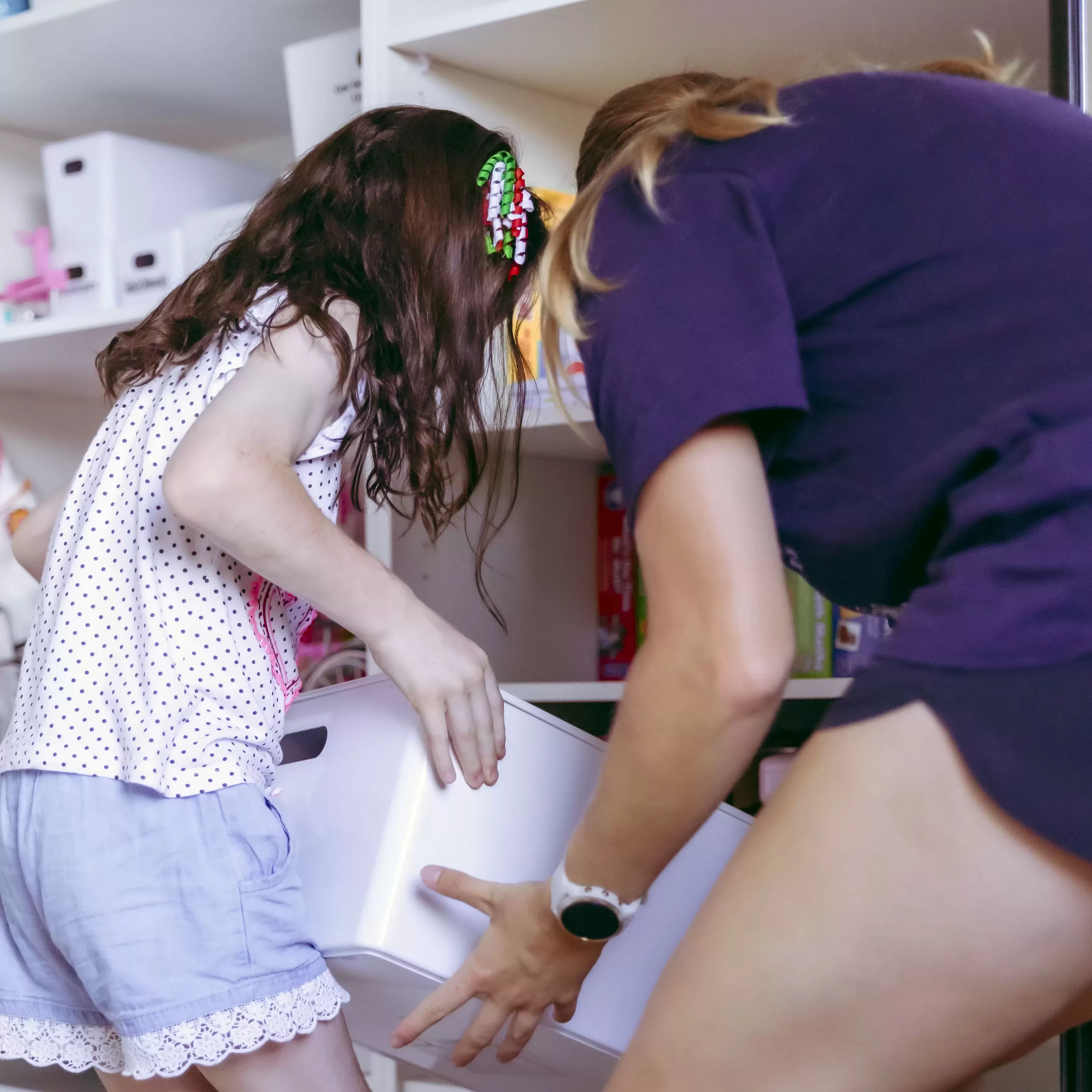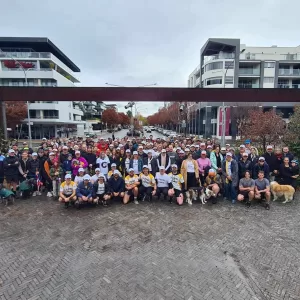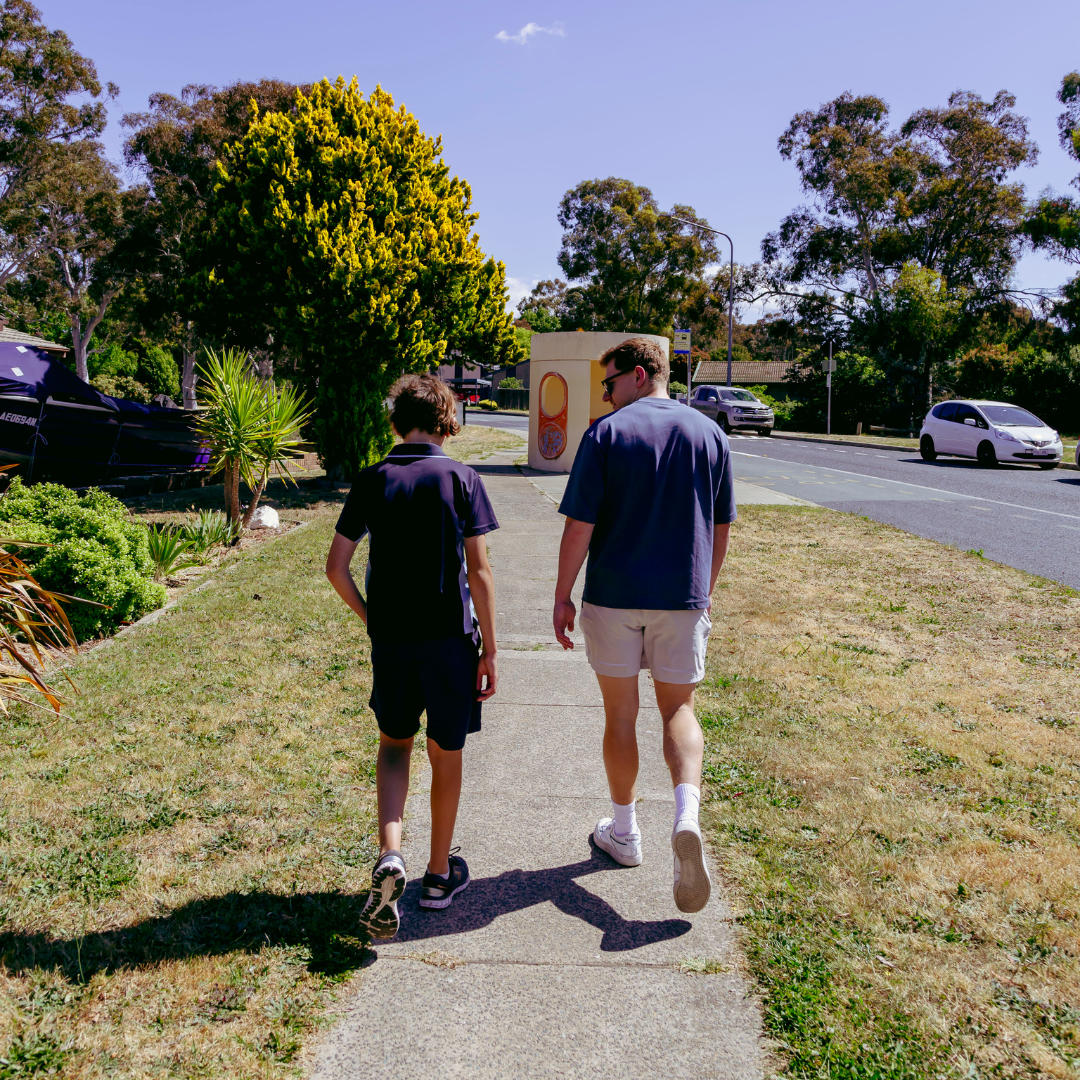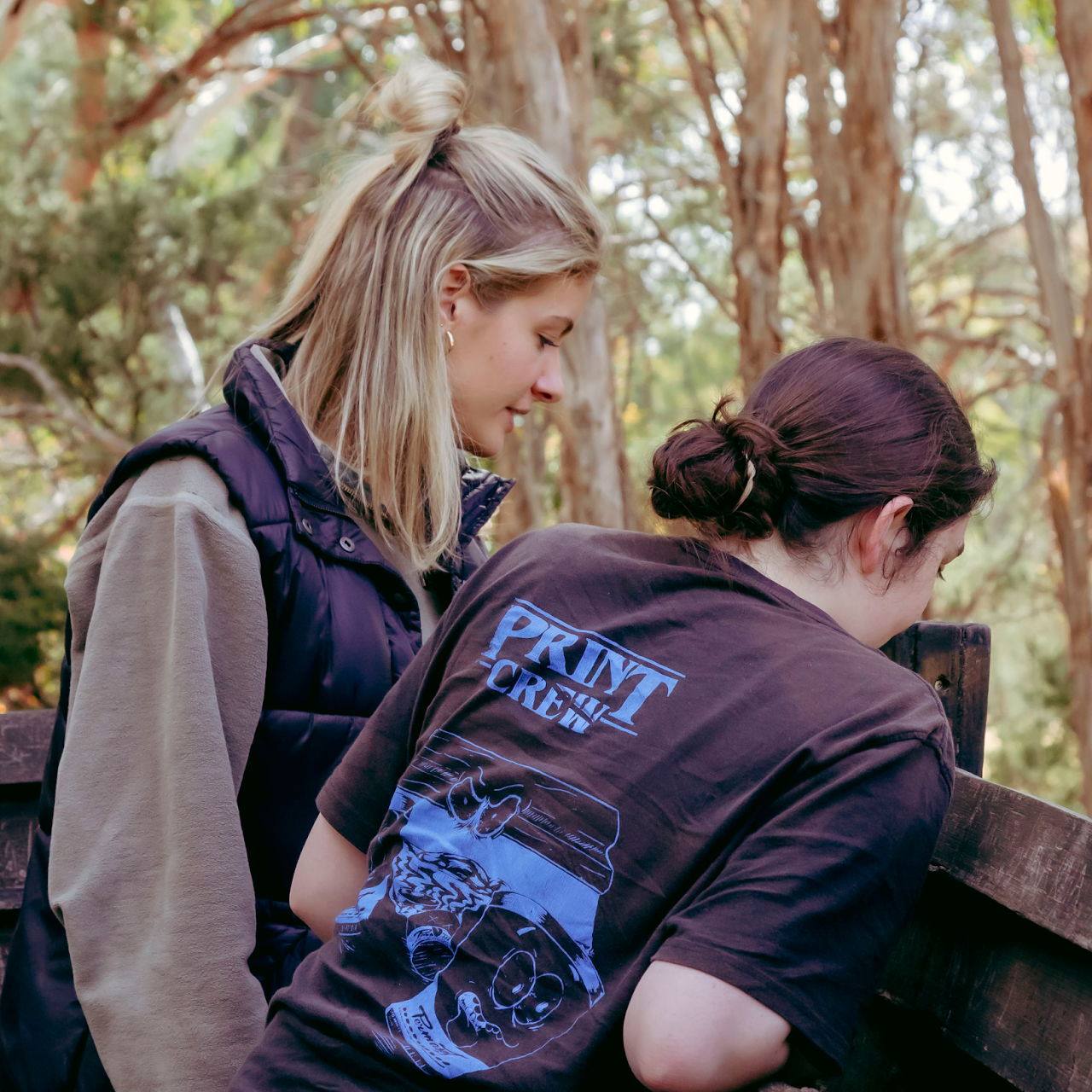Mindfulness is a powerful tool that can bring a sense of calm and focus to our everyday lives. For children with disabilities, practising mindfulness can be especially beneficial in managing anxiety and navigating the challenges they may face. By teaching children to stay present and engage with their emotions in a healthy way, mindfulness promotes emotional well-being and helps to reduce stress.
The beauty of mindfulness is its accessibility—simple exercises can be adapted to suit children’s unique needs, making it an inclusive practice for all abilities. Whether it’s taking a few deep breaths or focusing on sensory experiences, mindfulness can empower children with disabilities to build resilience and thrive. These practices also create meaningful opportunities for parents, caregivers, and those working in support worker jobs in Canberra to connect with and support children more effectively.
In this blog, we’ll explore five simple mindfulness exercises that can help children reduce anxiety while fostering self-awareness and relaxation.
Why is mindfulness important for children with disabilities?
Mindfulness can significantly enhance the well-being of children with disabilities by addressing both emotional and physical challenges. For children who experience heightened anxiety or difficulty processing sensory information, mindfulness offers a gentle way to navigate these experiences. By teaching children to acknowledge and regulate their emotions, mindfulness helps them manage anxiety, build emotional resilience, and feel more in control during overwhelming situations. Additionally, it can improve focus and self-awareness, helping children concentrate better on tasks and engage with their surroundings more effectively.
The benefits of mindfulness extend beyond the children themselves—it’s equally valuable for their support networks, including parents, teachers, and support workers. Practising mindfulness together can create a calmer, more connected environment while equipping caregivers with strategies to manage their own stress. For those in support worker jobs in Canberra, these shared practices can strengthen relationships and provide effective tools to create nurturing, supportive atmospheres. By incorporating mindfulness into daily routines, families and caregivers can promote growth and well-being for everyone involved.
5 Simple mindfulness exercises for children with disabilities
Breathing Buddies
Deep breathing is one of the simplest and most effective ways to calm anxiety and refocus attention. For children with disabilities, incorporating a visual and tactile aid can make the practice more engaging and easier to follow. The “Breathing Buddies” exercise uses a small stuffed animal to help children focus on their breathing in a fun and interactive way.
How to Do It:
- Have the child lie down comfortably on their back.
- Place a small stuffed animal, their “breathing buddy,” on their belly.
- Encourage the child to take slow, deep breaths in through their nose and out through their mouth.
- Ask them to watch their breathing buddy rise and fall with each breath, focusing on the movement.
- Repeat for a few minutes, gradually helping the child relax and find their rhythm.
This simple and enjoyable exercise promotes relaxation and helps children build awareness of their breathing patterns.
Sensory Walk
A sensory walk encourages children to engage their senses while walking outdoors, making it a simple yet effective mindfulness practice. By focusing on what they can see, hear, smell, and feel, children shift their attention away from anxious thoughts and toward their surroundings. This immersion in sensory input helps them stay present and grounded.
To practice a sensory walk, take the child outside to a park, garden, or even their backyard. As you walk together, prompt them to notice what they can sense. What colours and shapes do they see? What sounds can they hear—birds chirping, leaves rustling, or distant cars? What scents do they notice, like flowers or freshly cut grass? Encourage them to describe their sensory experiences aloud as they walk. For those working in support worker jobs in Canberra, this activity can be an excellent way to build rapport while fostering mindfulness.
Guided Imagery
Guided imagery is a calming visualisation exercise that allows children to create a peaceful escape in their minds. By imagining themselves in a serene setting, they can redirect their focus away from anxious thoughts and into a soothing mental space.
Begin by asking the child to close their eyes and take a few deep breaths. Then, guide them to imagine being in their favourite place—perhaps lying on a beach, strolling through a forest, or playing in a sunny meadow. Describe the setting in detail: the sound of waves, the warmth of the sun, or the feel of soft grass underfoot. Encourage the child to visualise the sights, sounds, and feelings of this safe and happy place. This exercise can be particularly effective before bedtime or during moments of stress.
Tactile Grounding
ExerciseTactile grounding uses the sense of touch to help children centre themselves in the present moment. For children with sensory processing challenges, this exercise provides a structured way to regulate sensory input while promoting mindfulness.
Provide the child with a few objects of varying textures—such as a soft blanket, a smooth stone, or a bumpy stress ball. Encourage them to hold and explore each object, focusing on how it feels in their hands. Ask them to describe the textures—Is it rough or smooth? Soft or firm? Warm or cool? By concentrating on these sensations, the child can calm their mind and ground themselves during moments of anxiety or overstimulation.
Five-Finger Breathing Exercise
The five-finger breathing exercise combines touch and deep breathing to help children stay present and calm. It’s a tactile mindfulness activity that is especially helpful for children who respond well to hands-on engagement.
Ask the child to spread one hand out like a star. Using the pointer finger of their other hand, guide them to slowly trace the outline of their spread-out hand. As they trace up a finger, they should take a deep breath in, and as they trace down, they should exhale. Repeat this process for each finger, moving at a slow, steady pace. This simple yet effective exercise provides a calming sensory experience and helps children focus on their breathing, bringing a sense of peace and relaxation.
Mindfulness is a practical and effective tool that can help children with disabilities manage anxiety, improve focus, and build emotional resilience. By incorporating simple exercises like sensory walks, guided imagery, and five-finger breathing into daily routines, children can learn to stay present and calm in the face of challenges. These activities not only benefit the children but also foster a more peaceful and connected environment for their families and caregivers.
Making mindfulness a regular part of your child’s day doesn’t have to be complicated—it’s about finding what works best for them and practising consistently. Start small and build from there, creating moments of calm and connection along the way.
Interested in becoming a support worker in Canberra? Learn more via our Careers page now.




 Picture cards, for instance, can be used to create a visual schedule that helps children understand daily activities or choices.
Picture cards, for instance, can be used to create a visual schedule that helps children understand daily activities or choices. 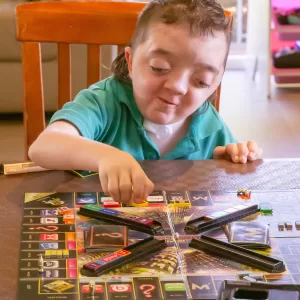 These professionals can offer techniques that reinforce language development, as well as tools like communication devices or specialised therapy exercises. Seeking help from a speech therapist ensures that children receive the right kind of guidance, setting them up for long-term success in communicating more effectively.
These professionals can offer techniques that reinforce language development, as well as tools like communication devices or specialised therapy exercises. Seeking help from a speech therapist ensures that children receive the right kind of guidance, setting them up for long-term success in communicating more effectively.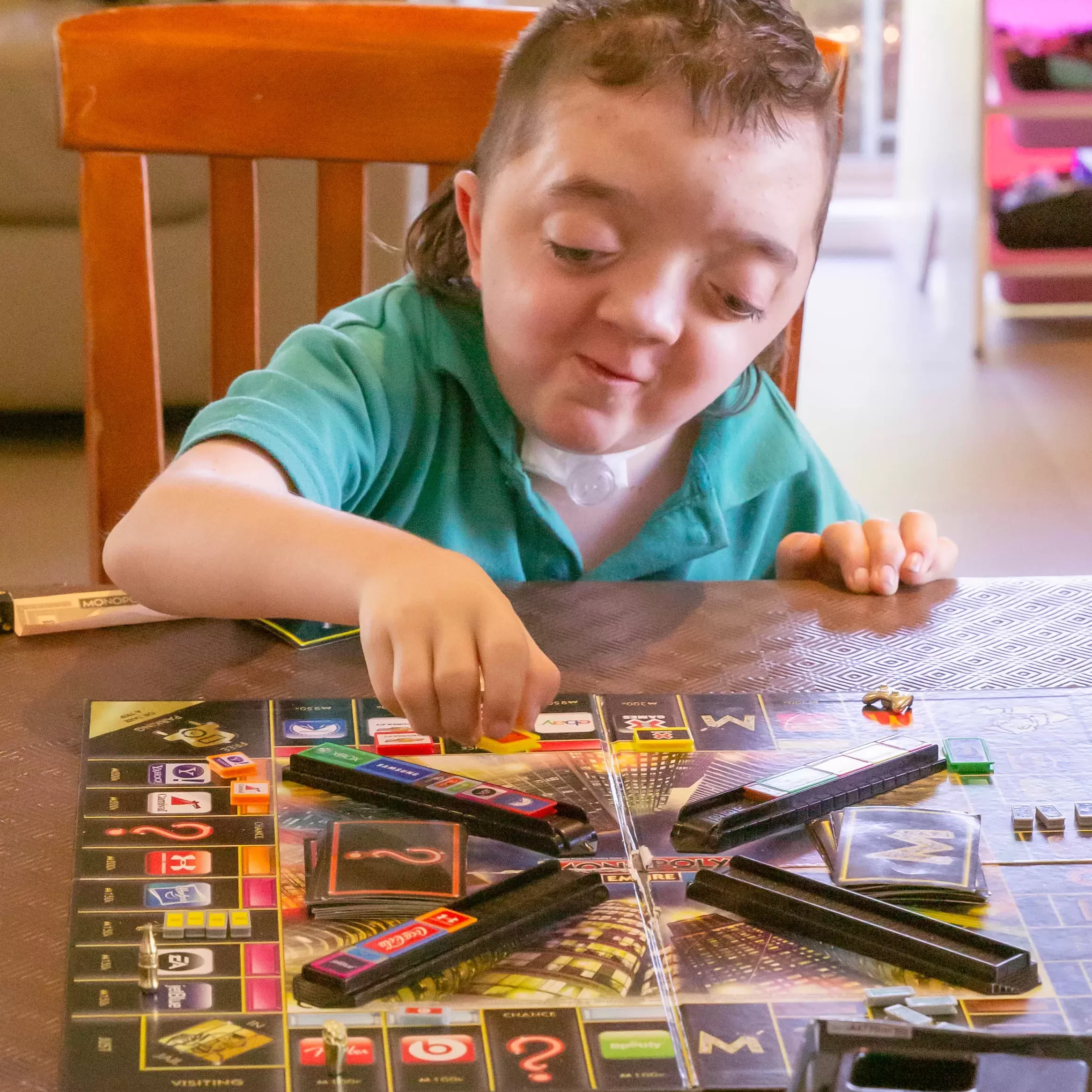

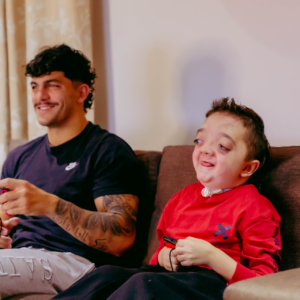 training by all staff. They listen to our needs and give us choice in our care arrangements.
training by all staff. They listen to our needs and give us choice in our care arrangements. 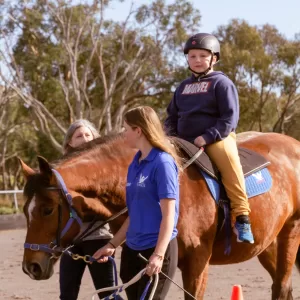
 She particularly enjoys spending time reading, a favourite activity she shares with her support worker.
She particularly enjoys spending time reading, a favourite activity she shares with her support worker.
